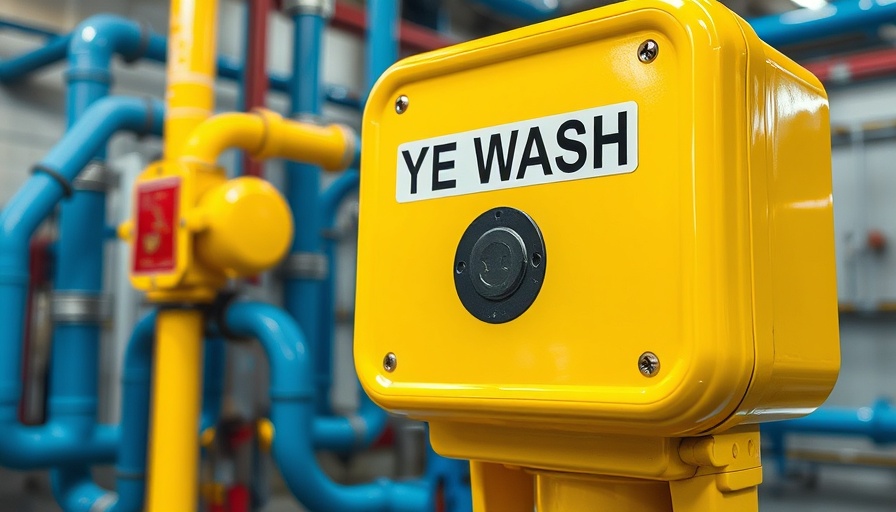
The Critical Role of Eye Wash Stations in Workplace Safety
In environments where hazardous chemicals are common, such as in manufacturing or laboratories, the risk of eye injuries can be significant. Eye wash stations play an essential role in workplace safety by acting as immediate countermeasures against eye-related accidents. They are designed to wash out harmful substances from the eyes quickly, thus preventing serious injuries and long-term damage.
Understanding Eye Wash Stations
Eye wash stations are units specifically designed to rinse eyes that have been exposed to harmful material. Their core function is to provide a high-pressure stream of either water or saline solution, enabling effective flushing of chemical irritants and particulates. The presence of these stations is particularly crucial in settings such as:
- Laboratories
- Chemical plants
- Construction sites
These locations often see workers facing potential contact with dangerous substances, underscoring the need for immediate eye care solutions.
Why Eye Wash Stations Are Essential for Eye Safety
Timely intervention can significantly alleviate the severity of eye injuries, which may otherwise lead to lasting damage or even blindness. When individuals suffer from chemical burns or irritant exposure, the first few moments are critical. Eye wash stations provide the necessary relief:
- Fast access: Having a walkable, accessible eye wash station can mean the difference between immediate relief or long-term damage.
- Effective flushing: The powerful jet of fluid can swiftly remove harmful contaminants.
Types of Eye Wash Stations to Consider
Choosing the right type of eye wash station can depend on the specific needs of the workplace:
- Plumbed Eye Wash Stations: These are permanently connected to a water supply, providing a continuous flow, ideal for high-risk areas.
- Portable Eye Wash Stations: Convenient for fieldwork or places without plumbing, as they can be moved as needed.
- Eye Wash Bottles: Useful for immediate first aid in case of minor incidents until further treatment can be obtained.
Key Features to Look for in Eye Wash Stations
When selecting an eye wash station, several features enhance safety and efficacy:
- Water Flow: Adequate pressure is necessary for effective flushing; look for systems offering high, steady flows.
- Accessibility: Stations should be readily accessible to all employees, ensuring swift intervention in emergencies.
- Emergency Signage: Clear signage leading to the eye wash station can facilitate quick access during panicked situations.
Enhancing Workplace Safety and Compliance
Employers are responsible not only for providing safety equipment but also for ensuring compliance with regulations surrounding workplace safety. In South Africa, relevant legislation mandates the installation of such safety measures, with fines proposed for non-compliance. Thus, investing in eye wash stations aligns with legal responsibilities and promotes a culture of safety.
Discussion: Making Eye Safety a Priority
Organizations must recognize that preventive measures, such as having eye wash stations, do not just protect employees; they embody a commitment to health and safety. By fostering a workplace culture that prioritizes safety, employers can significantly reduce the incidence of eye injuries and enhance overall morale.
Taking Action: Be Proactive with Safety Measures
The awareness and implementation of eye wash stations highlight the critical need for both employers and employees to prioritize safety in the workplace. Companies should evaluate their environments, assess potential risks, and invest in necessary safety measures, including training employees on the location and usage of these vital safety tools. This proactive stance can significantly improve workplace safety outcomes.
 Add Row
Add Row  Add
Add 




Write A Comment